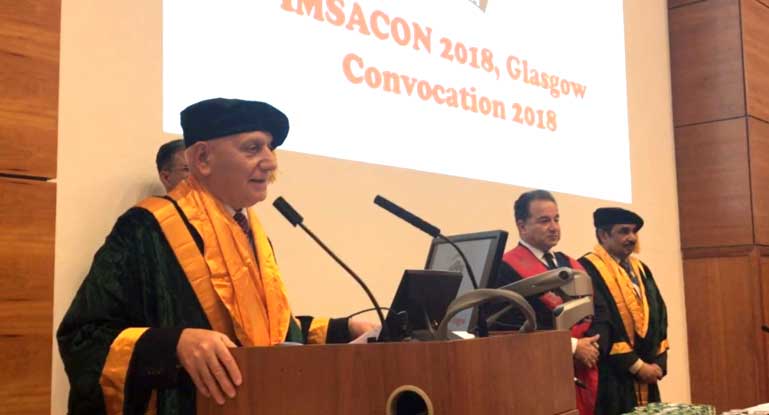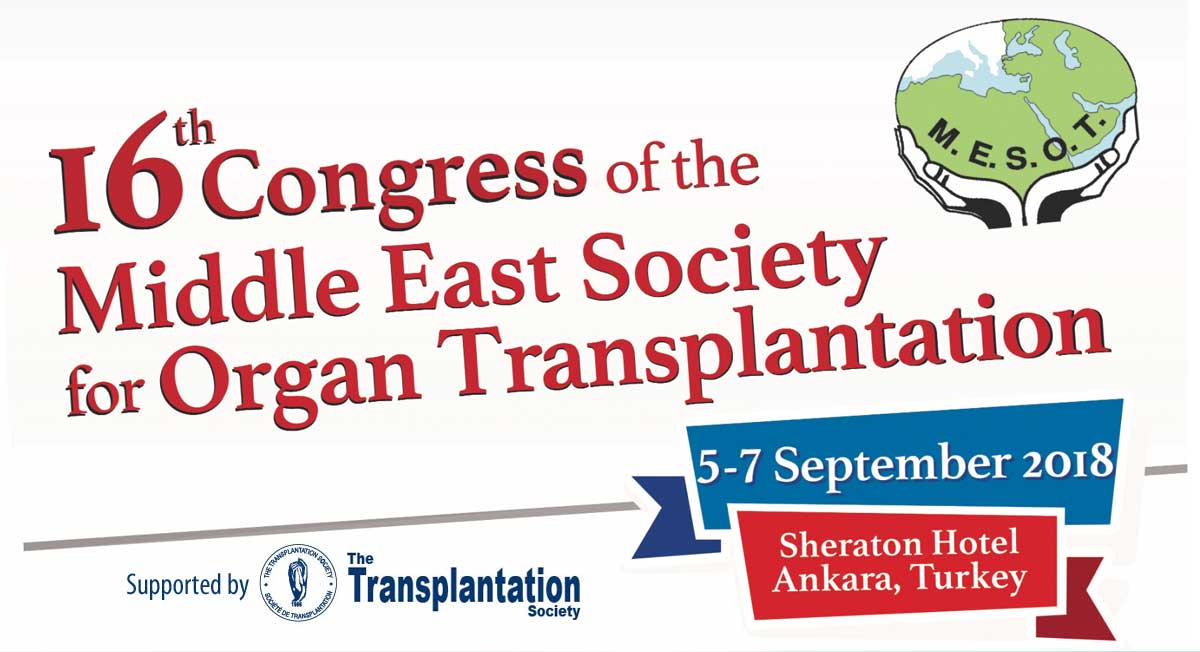
Freezing And Storing Donated Organs Could Eliminate Some Transplant Waitlists - Hype or Hope?
A news article appeared this week in the online news site futurism.com which highlighted the company Arigos and their goal of freezing and storing organs. The article was well balanced however we are looking for your feedback.

Is this Hype or Hope? What do you think about this technology and their chances for success in the absence of published research?
Short article commentary by TTS Member Christopher Burlak: The company, Arigos, has recently received attention for their claim of freezing organs as a solution the human organ shortage. While this technology would be an advancement enhancing coordination of life saving organs as they are delivered to the patient, the company founders haven't published any of their science. They propose that as helium inflates organs for freezing it protects the vasculature and cellular structure from ice crystal damage. Functional data will be imperative to understand if their organs are worth pursing as a tool to better prepare a patient and organ for transplantation. The science has the potential to dramatically reduce the cost of using genetically engineered large animals as well. We could have pigs raised to different maturities and thus organ sizes and then procured and preserved by this method. Then there would be no housing or standing costs for pig herds. The reduced environmental impact and herd loss due to age would be a real incentive. Ultimately the balance of business and science are necessary for their mutual success but science is driven by peer review and until that can happen there is little we can conclude about the importance of Arigos and their technology.
Transplantation Direct Journal - Highlighted Article
Submitted by Dr Joel Thomas Adler, Editorial Fellow, Transplantation.
Center-driven and Clinically Driven Variation in US Liver Transplant Maintenance Immunosuppression Therapy: A National Practice Patterns Analysis.
Nazzal M, Lentine KL, Naik AS, et al.
Transplant Direct. 2018;4:e364
There is little known about immunosuppression variation after liver transplantation. Using a unique database that integrates the United States national transplant registry and pharmacy fill records, the authors were able to study the immunosuppression regimens of nearly 25 000 liver transplant recipients. The most common regimen was triple immunosuppression for the first 6 months; this changed to either a corticosteroid or antimetabolite sparing regimen from 7-12 months. Clinical characteristics explained little of the variation; rather, it seemed driven by individual program immunosuppression regimens. These data provide insight into how liver immunosuppression is chosen, but perhaps most importantly, this analysis creates a framework to study comparative effectiveness in a natural experiment.
Clearing a Xenotransplantation Hurdle: Detecting Infectious Agents in Pigs
In a paper published in Xenotransplantation, Mark Prichard, PhD, and colleagues at the University of Alabama at Birmingham have described the development and testing of 30 quantitative assays for pig infectious agents. These assays had sensitivities similar to clinical lab assays for viral loads in human patients. After validation, the UAB team also used the assays on nine sows and 22 piglets delivered from the sows through caesarian section.
Prof. Haberal Receives Honorary Fellowship of the International Medical Sciences Academy

Caption: Prof. Haberal addresses the membership during his lecture on "Experimental and Clinical Application of Ileobladder Technique in Kidney Transplantation for Very Small and/or Neurogenic Bladder
On 24-25 August, 2018, Prof. Mehmet Haberal, President of The Transplantation Society, was invited as guest of honor to the 37th Congress of the International Medical Sciences Academy (IMSA) in Glasgow, Scotland.
The meeting was organized in the 400-year-old historic building that is home to the Royal College of Physicians and Surgeons of Glasgow in Scotland, UK. Prof. Nadey Hakim, Vice President of IMSA and Past World President of the International College of Surgeons introduced Prof. Haberal to the distinguished members as a pioneer in surgery and as founder of Başkent University, the first Foundation University in Turkey with a medical faculty and health services, which is celebrating its 25th year.
In the News
Niki Lauda: Former F1 champion 'functioning well' after lung transplant
August 6 - The 69-year-old had been suffering from "severe lung disease," according to the Vienna General Hospital, and had surgery on August 2 after flying home from a holiday in Ibiza.
USA - Kidney allocation system may improve access to kidney transplants
August 24 - The implementation of a kidney allocation system improved equity in access to kidney transplants; however, there were geographic disparities, according to results recently published.
Upcoming Meetings
MESOT 2018 - See you in Ankara!
TTS will be exhibiting at MESOT and a large number of TTS members will be attending or presenting at the Congress. There is still time to register, see link below!

Continuing our strong partnership with the International Liver Transplantation Society (ILTS), The Liver Transplant Symposium 2018, organised by the National University Centre for Organ Transplantation (NUCOT), will be held from 19 – 21 October 2018 in Singapore.
The International Pediatric Transplant Association is proud to feature a special section activity: the 2018 Symposium in Organ Transplantation in Children: An educational forum for physicians, surgeons, and allied health professionals.
The focus of this symposium is aimed at clinical and research fellows in pediatric solid organ transplantation, as well as residents, and other allied health professional or non-physician trainees who are planning a career in pediatric transplantation.
On behalf of The Transplantation Society of Taiwan, we would like to extend our warmest invitation to you to join Transplantation Sciences Symposium (TSS) Asian Regional Meeting 2018, which is scheduled to take place at Taipei Marriott Hotel, Taipei, Taiwan from November 23rd to 25th, 2018.
The meeting includes Plenary Lectures (two from TTS Members) Shane Grey and Stefan Tullius, Satellite Symposia, Parallel Presentations and Exhibits. Experts from different domains will be invited to share their expertise and experience in transplantation field. This will be a fabulous chance to exchange the ideas, contribute the most newly developed knowledge, one-of-a-kind cultural and educational experience.
Contact
Address
The Transplantation Society
International Headquarters
740 Notre-Dame Ouest
Suite 1245
Montréal, QC, H3C 3X6
Canada
Используйте Вавада казино для игры с бонусом — активируйте промокод и начните выигрывать уже сегодня!



